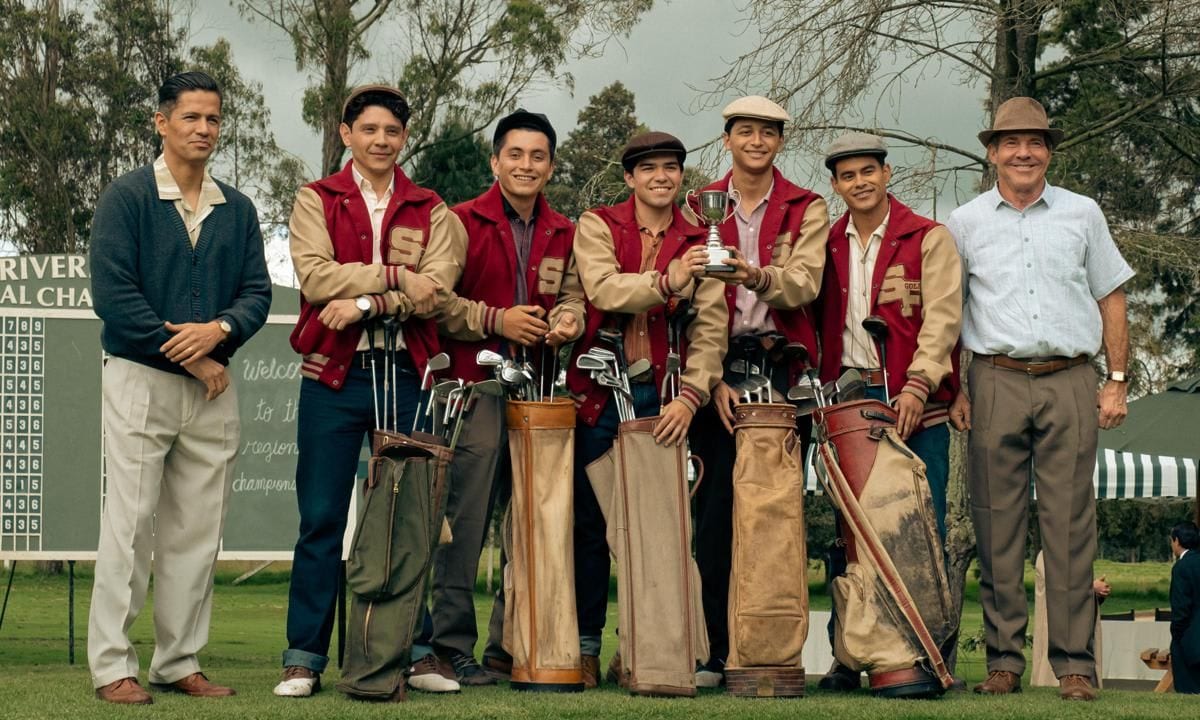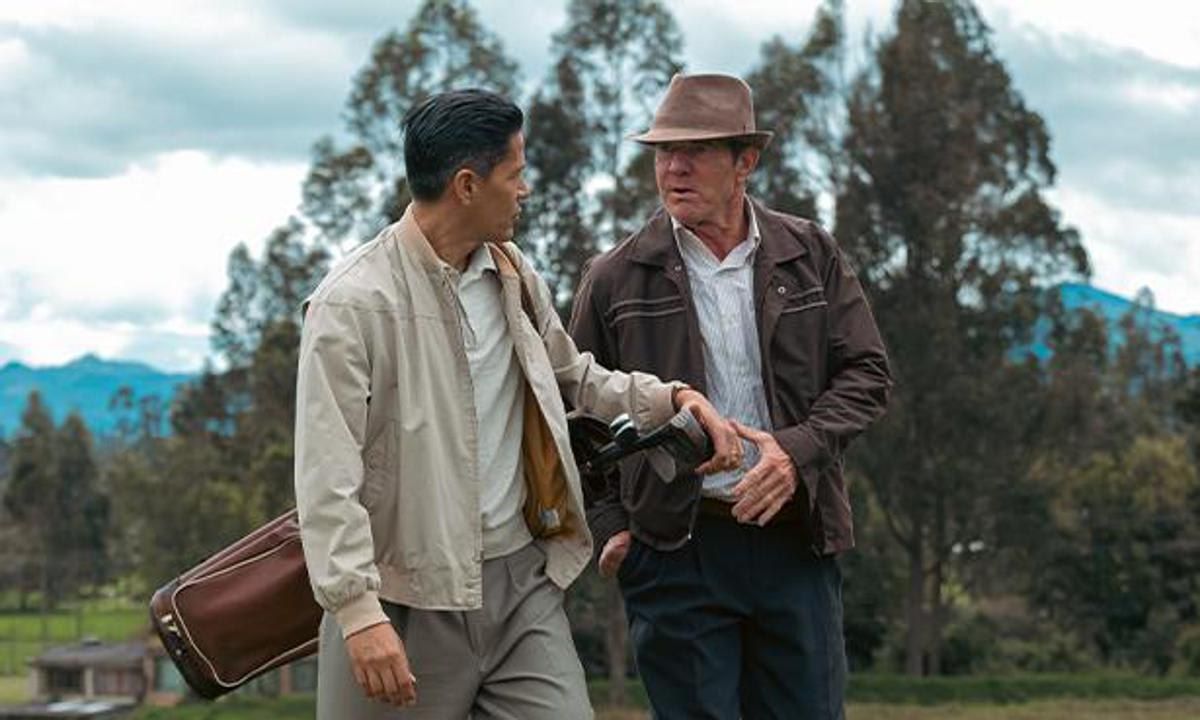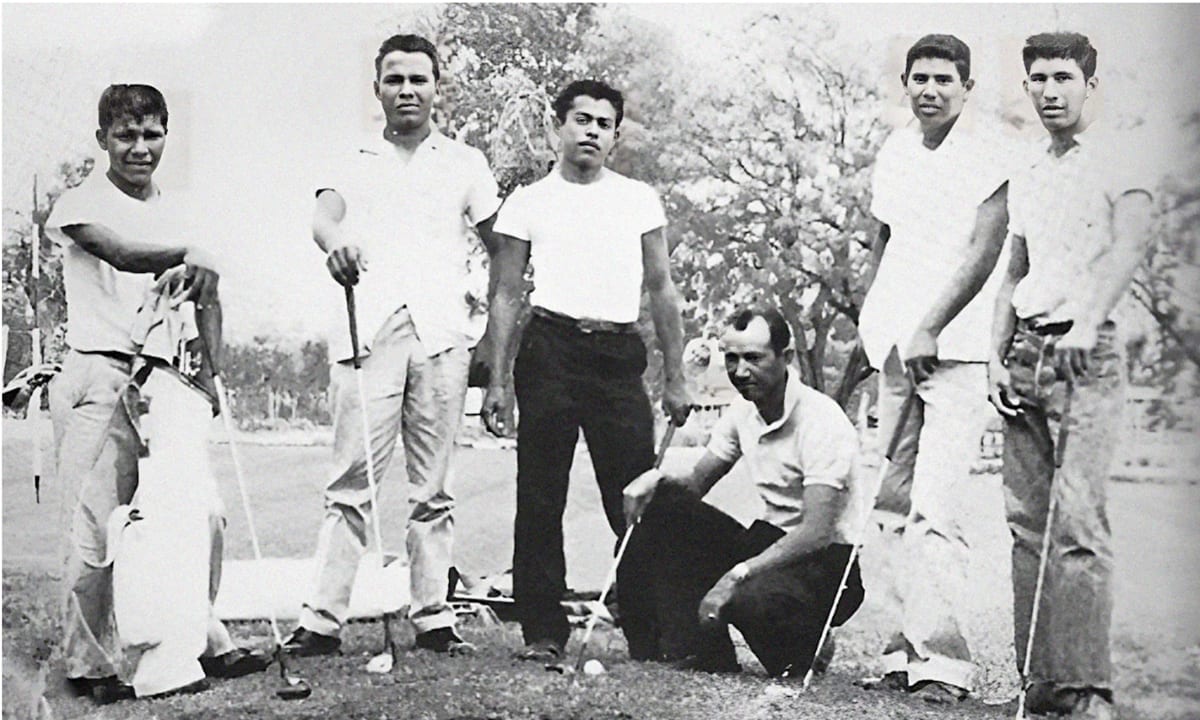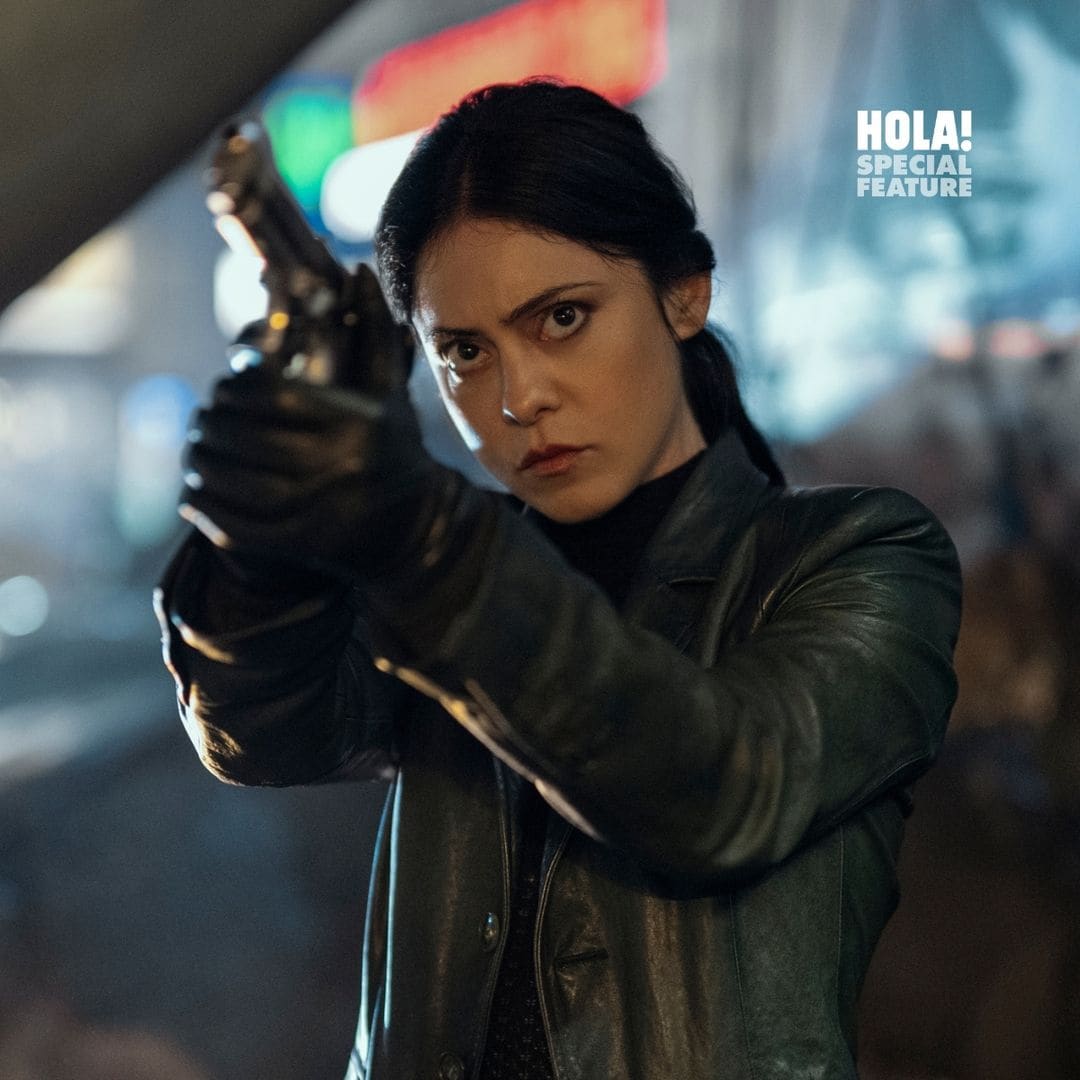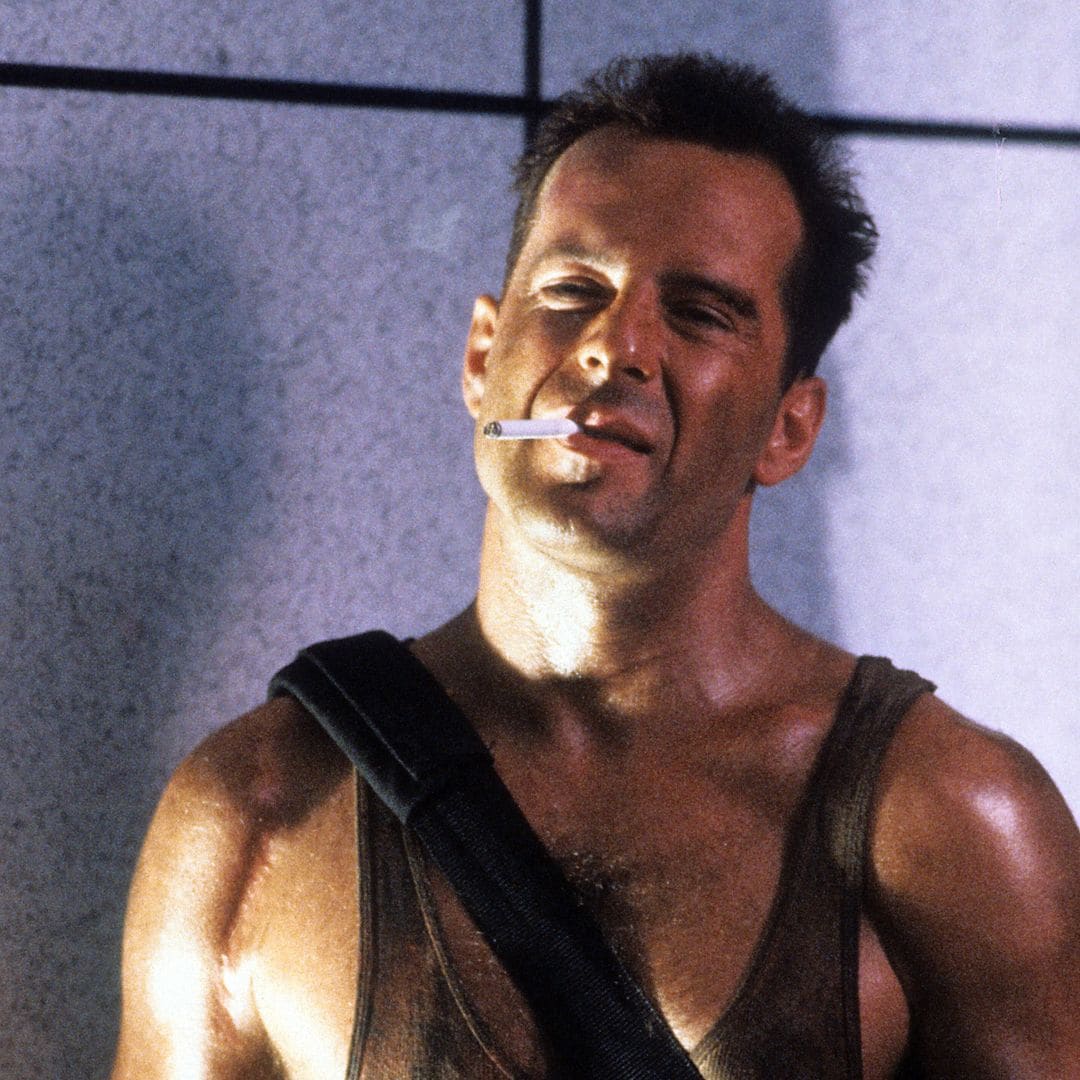The Long Game hits theaters April 12, and the inspirational sports drama based on true events tells the story of JB Peña (Jay Hernandez) and five young Mexican-American caddies, Lupe Felan, Mario Lomas, Felipe Romero, Joe Treviño y Higinio “Gene” Vásquez, who made history in 1957. Hernandez, a veteran, moves to the small town of Del Rio, TX, as a school superintendent and is rejected from the all-white Country Club because of the color of his skin. After an encounter with young Latino golf caddies, who built their own course, he is inspired to start a high school golf team, embarking on a journey beyond the sport. Dennis Quaid is a producer on the film and stars as Frank Mitchell, Peña’s war buddy and Del Rio’s golfing professional who helps them navigate race relations while leading the team to victory. HOLA! had the opportunity to talk to Quaid ahead of the film’s release, who opened up about his own experience watching segregation and racism while growing up in Texas, why this story is so important and more.
You’re not only the star of this film but a producer. This is a sports drama, but it’s also about the Mexican-American experience. Did working on this film bring a new sense of appreciation when it comes to our history or culture?
Well, that’s why we started our company our production company called Bonniedale, which is my mother’s middle name. We wanted to do inspiring aspirational underdog type of movies. I’ve always been attracted to underdogs, American dream stories, and origin stories because of those kinds of movies I love. Movies that really touch the heart, and when the script came along - I grew up in Texas, and I’d never heard this story before, and to me, the story is like one nail in this big huge place that you call the United States that we’re building all together to make it better. And these five Mexican-American kids from South Texas, Del Rio, right there on the border, and they feel the sense of not quite belonging here in the United States, and they go across the border to Mexico, and they don’t quite feel they have a sense of belonging there. They’re walking their caddie at a country club, and they can’t play there because of the color of their skin and their culture, it was a time of segregation, so they built their own golf course out in the desert... It makes you proud - to me, it makes me proud of American stories that happened here, especially in that time because that really progressed things. This story was almost forgotten, and those five kids changed their lives they went on to have a great effect on other people, and it’s a beautiful story.
You were born a year before this movie, and you grew up in Texas, did you come face-to-face with the racism and things we are seeing in this movie?
Oh, yeah, I was born in fifty-four. I remember separate bathrooms, restrooms, drinking fountains, separate places. People of color had to sit on the balcony, and I remember being a kid and thinking ‘That was weird, why is this?’ I think the movie does a good job of representing that world the way it was and to remind us of where we were back then or instruct those that were born from nineteen eighty on or whatever and how far we’ve come.
With films playing these characters, things must linger after they wrap. What lingered with you after The Long Game?
Ah, those boy’s story. You know, one of those boys came to the set when we were making the film, and he is now in his late eighties, and he had fought in Vietnam, and he was a proud veteran, and it really meant so much to him that the story was being told. I think it’s important too, especially right now, it’s important to remind everybody in this country that we’re a melting pot, we are one, we are one people, and we’re made up of so many different kinds of cultures, so many nationalities and it’s important to keep that culture those singular cultures and hold onto that cause that’s part of who you are, and it’s also part what makes this country very strong.
